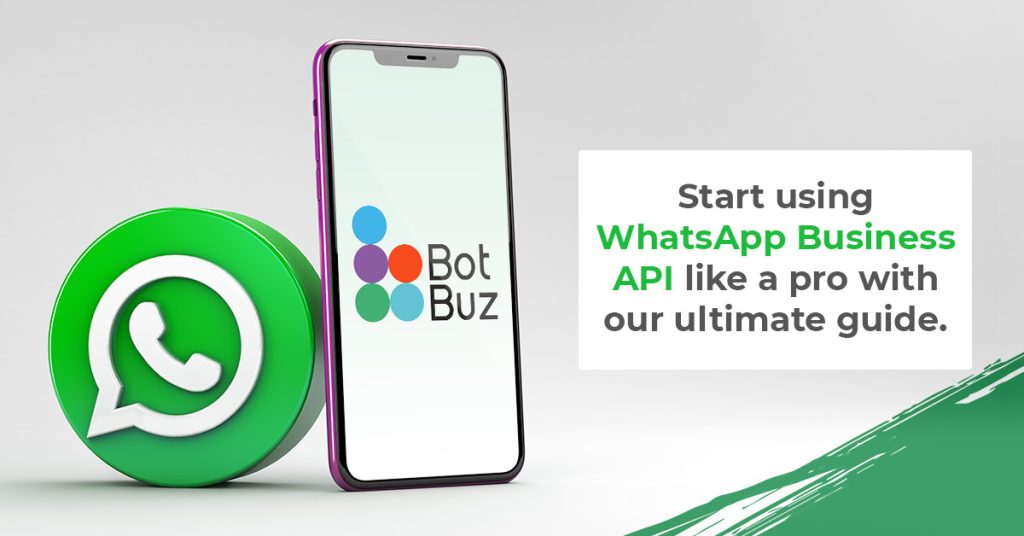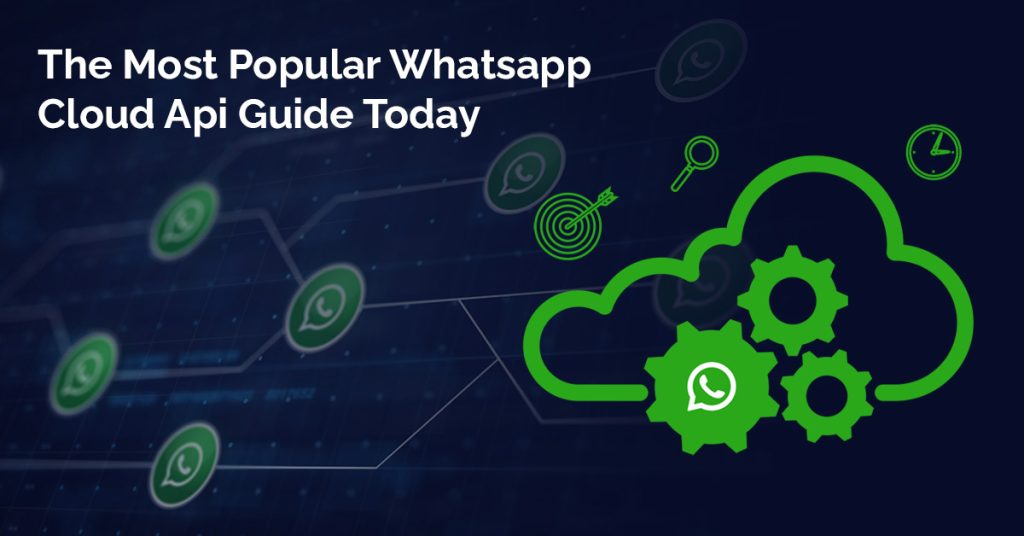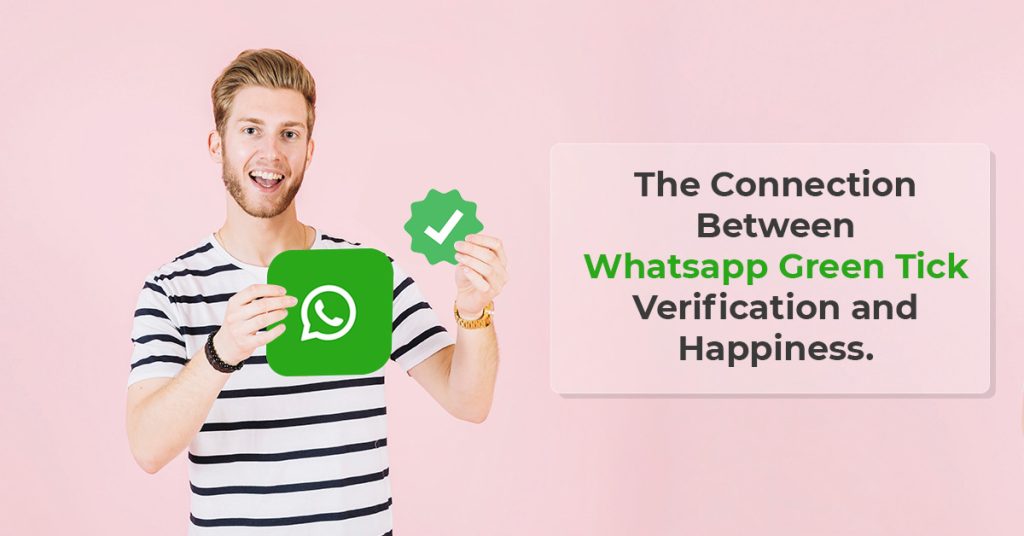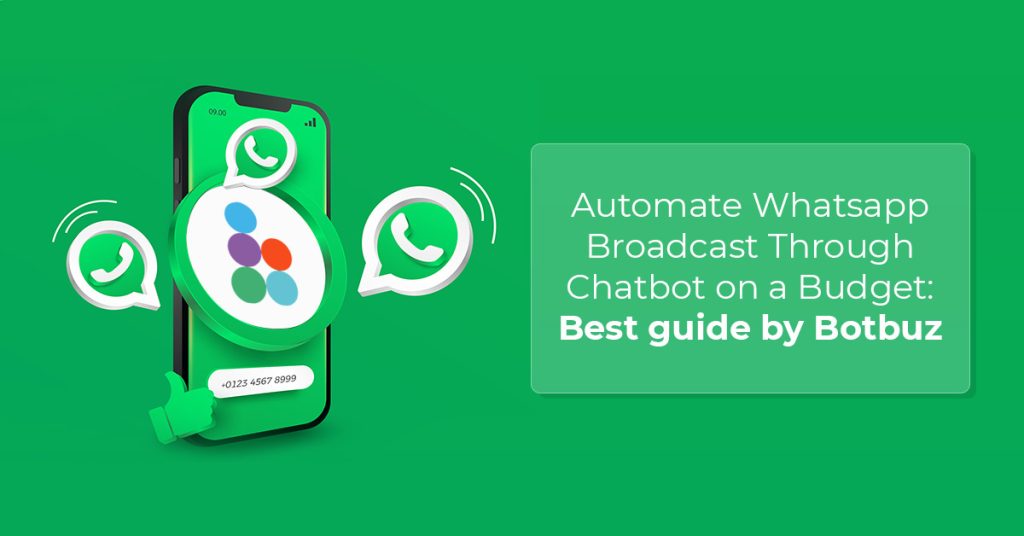- Challenges Faced by HR teams in Managing Employees & Recruitment :
- Why Does HR Need Automation ?
- Why Use WhatsApp for HR Automation?
- The Rise of WhatsApp in HR : Why It Matters
- What are the Benefits of WhatsApp Automation for HR ?
- The Role of Chatbots in WhatsApp Recruitment Automation :
- Using Botbuz Chatbot for WhatsApp Automation in HR :
- The Future of WhatsApp in HR and Recruitment :
- Best Practices for Implementing WhatsApp Automation in HR :
- FAQs :
Challenges Faced by HR teams in Managing Employees & Recruitment :
HR teams face major challenges with manual processes. They are time-consuming, prone to error, lack real-time data & offer a poor employee experience. WhatsApp has become a dominant, instant, and familiar tool in professional communication. The solution is to use WhatsApp as a powerful tool for HR automation. It is done by integrating it with HR systems. This automation transforms operations by boosting efficiency. It increases accuracy & enables data-driven strategy. Thus, providing a superior, scalable employee experience.
Why Does HR Need Automation ?
The core issue is that manual HR processes. It includes constant follow-ups, handling repetitive queries, and tedious data entry. They are inefficient and error-prone. This drains significant time and resources from the HR department. It keeps the staff tied up in administrative chores rather than strategic workforce planning. This administrative burden has a direct negative impact on employee experience and productivity.
When HR processes are slow and cumbersome, employees become frustrated, disengaged, and must spend valuable time chasing down approvals or information. It ultimately reduces the organization’s overall efficiency. To counter this, instant communication has emerged as a crucial component of modern HR. By using platforms that offer immediate, self-service options, HR can provide employees with quick answers and streamlined, automated workflows. Thus, enhancing convenience and focusing on more human-centric work.

Why Use WhatsApp for HR Automation?
The first key advantage is the application’s high employee adoption. It eliminates the need for user training and guarantees instant message delivery. Since most employees already use WhatsApp, HR can communicate quickly and effectively. It ensures that important information is seen immediately.
Second, WhatsApp offers easy integration with existing HR systems and processes. This connectivity allows the automation of routine tasks, such as leave requests and payroll queries, transforming complex administrative workflows into simple, instant, self-service chat interactions.
Lastly, the platform’s support for multimedia and interactive content makes HR communication more engaging. HR can utilize videos, documents, and interactive forms. It helps to enhance everything from employee onboarding to gathering feedback. Thus, ultimately making processes more intuitive and user-friendly.
The Rise of WhatsApp in HR : Why It Matters
This shift is driven by a growing trend toward digital HR communications. The need for efficient, real-time engagement across the entire workforce, including non-desk employees, has pushed companies to adopt platforms. They are universally accessible and instantly familiar.
WhatsApp offers a cost-effective, real-time solution by leveraging its existing massive user base. This ubiquity eliminates the need for user training and ensures high message visibility. It allows HR to deliver urgent updates and manage routine processes quickly and without the expense of developing proprietary systems.
The adoption of WhatsApp has a positive impact on employee engagement and productivity. It streamlines administrative tasks—like query resolution and document submission—into simple chat interactions. HR staff are more efficient, and employees experience a user-friendly, responsive service that enhances their overall work experience.

What are the Benefits of WhatsApp Automation for HR ?
Firstly, automation ensures Company-Wide Announcements are delivered instantly and directly to employees, bypassing less reliable communication channels like email. This speed is vital for time-sensitive policy changes or critical company updates.
Secondly,HR uses automation to address common employee concerns instantly. By deploying chatbots to answer FAQs on topics like leave, benefits, and payroll, the system both frees up HR staff and improves employee satisfaction with 24/7 self-service support.
Thirdly, automation makes Document Collection Interactive. It allows employees to submit necessary forms and proofs seamlessly through the chat interface. This process significantly reduces the administrative burden of manual tracking and follow-ups. Finally, the technology dramatically improves the initial employee experience. It is through engaging Preboarding and Onboarding. Automated welcome messages, essential information delivery, and personalized, step-by-step guidance ensure new hires feel connected, informed, and prepared from the moment they accept their offer.
The Role of Chatbots in WhatsApp Recruitment Automation :
A primary role of these chatbots is candidate screening. They utilize automated questionnaires to filter applicants based on pre-set criteria. It efficiently handles the initial high-volume review phase of the hiring process.
Chatbots are also essential for logistical management. It specifically schedules interviews and sends reminders. It automates the coordination of timeslots and delivers timely notifications. They ensure both candidates and hiring managers stay on track. Thus, reducing no-shows and administrative back-and-forth.
Furthermore, chatbots enhance the candidate experience by delivering personalized updates. They keep applicants informed about their application status. It provides a more engaging and responsive communication channel than traditional email. This functionality is key to streamlining recruitment workflows. It reduces the manual effort required from HR staff throughout the entire hiring journey.
Using Botbuz Chatbot for WhatsApp Automation in HR :
The core function of the Botbuz Chatbot is to automate HR processes efficiently. For instance, it manages the onboarding flow by sending welcome messages, policy documents & FAQs.
It also streamlines document collection, prompting users for necessary files and accepting them directly via WhatsApp. In recruitment, it handles communication by scheduling interviews and sending personalized updates to candidates. This automation yields significant benefits through personalized, real-time engagement. Employees and candidates receive instant, 24/7 support for their queries on a familiar platform. It improves their overall experience and satisfaction.
Ultimately, the implementation of Botbuz is key to driving HR efficiency and reducing operational overhead. By taking over routine, high-volume administrative tasks, the chatbot allows HR teams to focus on strategic work. It leads to cost savings and a more streamlined department.
The Future of WhatsApp in HR and Recruitment :
There is a transformative shift in HR towards a strategic, AI driven function. This transformation centers on using conversational platforms like WhatsApp for global & personalized recruitment. The AI chatbots handle initial screening and multi-media interviews. Simultaneously, the systems employ predictive analytics, using collected data to forecast critical outcomes such as employee attrition, inform better hiring decisions, and personalize training paths.
This approach enables the continuous management of employee performance and engagement. It replaces annual reviews with real-time feedback loops and sentiment tracking. Crucially, the entire system is built upon rigorous data security protocols. It requires the use of specialized, compliant tools like the WhatsApp Business API. It helps to protect sensitive employee information. It is through measures like end-to-end encryption and strong administrative controls.
Best Practices for Implementing WhatsApp Automation in HR :
To successfully implement WhatsApp automation in HR, organizations must focus on four key best practices. First, integration is mandatory. It requires the use of the WhatsApp Business API for secure, two-way synchronization of data with existing HRIS and ATS.
Second, compliance is non-negotiable. It demands auditable user consent (opt-in) and strict adherence to data privacy regulations like GDPR by avoiding the handling of highly sensitive information in the chat interface. Third, personalization is crucial for engagement. It is achieved by customizing automated messages with employee context & maintaining a conversational tone. Finally, the system must be managed as a continuous improvement project. The HR teams can regularly monitor performance KPI and use employee feedback to refine the automated workflows and the chatbot’s underlying knowledge base.
Conclusion :
The integration of the Botbuz Chatbot marks a definitive turning point in Human Resources management. By strategically using the omnipresence of WhatsApp, Botbuz transcends traditional administrative hurdles. It replaces slow, siloed workflows—from recruitment screening to new-hire onboarding and document collection. It is through a single, fluid conversational interface.
This shift is not just about digitizing paperwork. It is about humanizing interaction through instant, personalized engagement. It boosts both candidate and employee satisfaction. In essence, the Botbuz Chatbot transforms the HR function from a high-overhead cost center plagued by repetitive tasks into a strategic engine of efficiency, scalability, and real-time support, fundamentally positioning the organization for growth by focusing human expertise where it matters most.
FAQs :
- What are the primary functions an HR chatbot can automate?
HR chatbots can automate high-volume, repetitive tasks across the employee lifecycle. It includes answering FAQs (e.g., policy, benefits, time off), conducting preliminary candidate screening in recruitment, scheduling interviews, facilitating simple document requests, and delivering routine onboarding information.
- How do HR chatbots benefit recruitment specifically?
In recruitment, chatbots provide immediate, 24/7 responsiveness to candidates. It improves the candidate experience. They handle initial candidate qualification and basic question-answering. Thus, reducing the time recruiters spend on manual screening by up to 75% and ensuring no applicant is left waiting.
- Can chatbots handle sensitive employee data securely?
Yes, provided the system uses enterprise-grade platforms like the WhatsApp Business API or dedicated internal HR software. It is designed with security and compliance in mind. These tools must employ features like end-to-end encryption, role-based access control, and adherence to regulations such as GDPR.
- How do chatbots contribute to improved employee engagement?
Chatbots boost engagement by offering instant support and personalized interactions. They can facilitate quick pulse surveys to gauge morale, deliver timely recognition messages, and provide immediate answers to questions. Thus, fostering a sense of continuous support and reducing friction in administrative tasks.
- Do HR chatbots replace HR professionals?
No, chatbots are intended to augment, not replace, HR teams. They handle the routine, transactional workload. It frees up HR professionals to focus on complex, strategic, and empathetic tasks. It includes conflict resolution, complex talent development, and organizational strategy.
- What role does a chatbot play in performance management?
Chatbots support continuous performance management. It automates check-in reminders & tracks goal progress. It solicited real-time feedback from managers and peers through quick prompts. Advanced chatbots can even analyze sentiment in conversations to monitor morale trends.
- What is the difference between a simple rule-based chatbot and an AI-powered HR chatbot?
A rule-based chatbot follows a fixed script. It can only answer questions that exactly match its predefined keywords or flows. An AI-powered chatbot uses Natural Language Processing (NLP) to understand the intent and context of the conversation. Thus, allowing it to handle more complex, varied, and conversational queries accurately.




